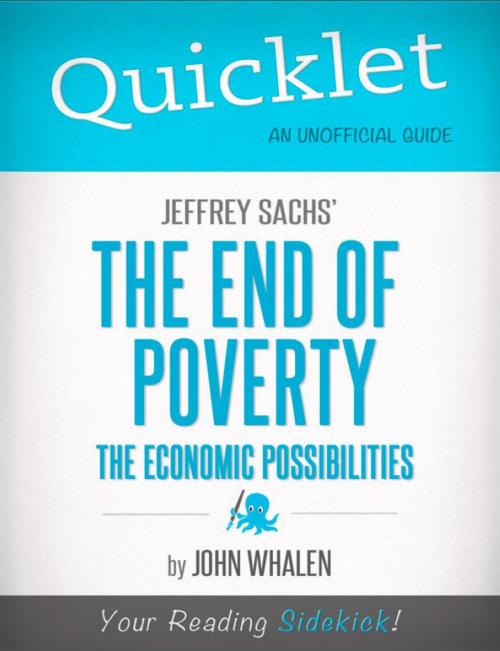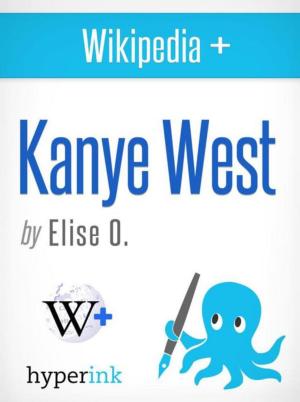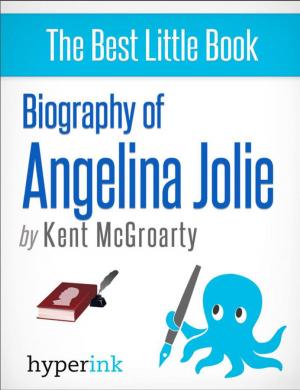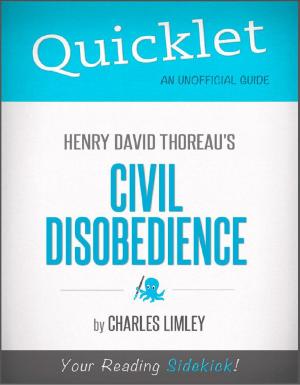Quicklet on Jeffrey Sachs' The End of Poverty (CliffNotes-like Summary)
Nonfiction, Reference & Language, Study Aids, Book Notes, Art & Architecture, General Art| Author: | John M. Whalen | ISBN: | 9781614649632 |
| Publisher: | Hyperink | Publication: | February 24, 2012 |
| Imprint: | Hyperink | Language: | English |
| Author: | John M. Whalen |
| ISBN: | 9781614649632 |
| Publisher: | Hyperink |
| Publication: | February 24, 2012 |
| Imprint: | Hyperink |
| Language: | English |
ABOUT THE BOOK
The End of Poverty is economist Jeffrey Sachs’ exploration of the notion that extreme poverty – defined by the World Bank as living on less than $1 per day (2005) – can be eradicated from the globe by the year 2025. His dynamic outlook on the nature of extreme poverty launched the book onto the New York Times bestseller list.
The End of Poverty is a product of Sachs’ extensive and decorated career as an economist and economic advisor, and it has been praised widely for its economic and moral astuteness.
MEET THE AUTHOR
John is a ecent college graduate from Boston and an aspiring novelist. He spends time reading, writing, traveling, and studying Swahili, Spanish and French.
EXCERPT FROM THE BOOK
Around 1800, Europe entered the industrial revolution with a massive head start over the rest of the world, lead in particular by Britain. Development in other regions was vastly slower, due to Britain’s “advantageous confluence of politics, geography and resource base.”
This advantage allowed Britain and other European empires to rapidly gain colonial control of most of Africa, large parts of Asia, and key aspects of trade in South America. The colonial rulers shaped economic growth of those regions for European benefit, rather than for independent growth, compounding the development gap.
ABOUT THE BOOK
The End of Poverty is economist Jeffrey Sachs’ exploration of the notion that extreme poverty – defined by the World Bank as living on less than $1 per day (2005) – can be eradicated from the globe by the year 2025. His dynamic outlook on the nature of extreme poverty launched the book onto the New York Times bestseller list.
The End of Poverty is a product of Sachs’ extensive and decorated career as an economist and economic advisor, and it has been praised widely for its economic and moral astuteness.
MEET THE AUTHOR
John is a ecent college graduate from Boston and an aspiring novelist. He spends time reading, writing, traveling, and studying Swahili, Spanish and French.
EXCERPT FROM THE BOOK
Around 1800, Europe entered the industrial revolution with a massive head start over the rest of the world, lead in particular by Britain. Development in other regions was vastly slower, due to Britain’s “advantageous confluence of politics, geography and resource base.”
This advantage allowed Britain and other European empires to rapidly gain colonial control of most of Africa, large parts of Asia, and key aspects of trade in South America. The colonial rulers shaped economic growth of those regions for European benefit, rather than for independent growth, compounding the development gap.















